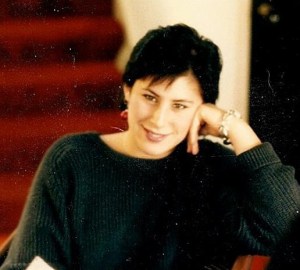I really like the look of Courtney Webster’s new website, where she is interviewing inspiring people in recovery. First up for us is Greg Williams, who made the film The Anonymous People. Here’s part of what Courtney has to say about this interview:
‘Last spring I was minding my own business on Facebook when I happened upon a kickstarter video that rocked my world.
Greg Williams, was talking about a film he was making called The Anonymous People (see description below). I sat at my kitchen table with my little boy on my lap and was riveted. By the time my husband had come over to see what was making me so excited, I was crying the best kind of tears. It was so inspiring.

















